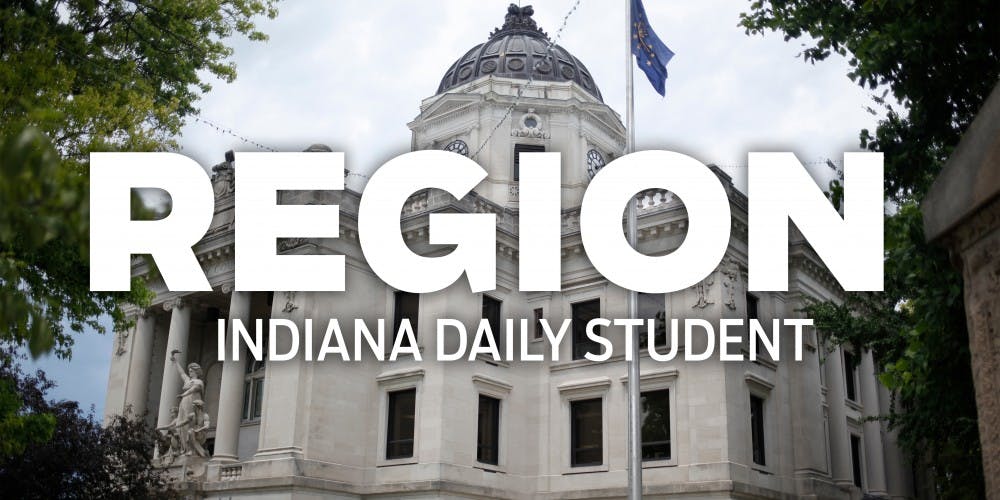Aimes Dobbins logged onto Facebook around noon on July 26. Their timeline was dominated by a single story: President Donald Trump had tweeted that transgender people would no longer be allowed to serve in the U.S.
Dobbins, an IU senior who identifies as a trans-masculine nonbinary person, said they felt frightened by Trump’s announcement and what the future could entail.
“I’m afraid this is just the beginning of the scapegoating and the pointing fingers and the saying ‘you’re not worthy, you’re a burden,’” they said. “It’s absolutely terrifying.”
In a series of tweets in the morning of July 26, Trump tweeted, “Our military must be focused on decisive and overwhelming victory and cannot be burdened with the tremendous medical costs and disruption that transgender in the military would entail. Thank you.”
Trump’s tweets come more than a year after policies were changed under the Obama administration to allow transgender people to openly serve in the military in January 2016.
But transgender people have served in the military as far back as the Civil War, said John Summerlot, IU’s Director of Veteran Support Services. Transgender people are also one and half to three times more likely than cis people to serve in the military.
“Most of the people in the military are the same age as college students,” he said. “So they’re realizing things about their lives and themselves. It’s their first time away from home and they’re able to explore those things in ways that you don’t get to when you’re younger.”
About 150,000 transgender people have served in the military to date, he said.
In his tweets, Trump mentioned the tremendous costs that transgender people entail. However, most of the military medical costs are on the Veteran Affairs end, not on the Department of Defense, which handles active duty military members, Summerlot said.
No policies have officially been changed in light of Trump’s tweets. Chairman of the Joint Chiefs of Staff Gen. Joseph Dunford responded to the tweets in a memo to military commanders, saying, “There will be no modifications to the current policy until the president’s direction has been received by the secretary of defense and the secretary has issued implementation guidance.”
However, the tweets shed light on Trump’s approach to LGBT rights. Trump, who ran on an LGBT-friendly platform during his candidacy, supported Betsy DeVos’ reversal of an Obama-era guidance allowing transgender students to use the bathroom of their choice.
Dobbins is afraid of what could come from the remainder of Trump’s term.
Dobbins is working toward an individualized major of Queer Advocacy. Dobbins’ parents are both retired Navy chief petty officers, so they receive their insurance through the military. Last November, Dobbins was able to begin receiving coverage for their hormones through their parents’ military insurance.
“Waking up to news that trans people can’t serve in the military anymore, my first thought is, ‘They’re going to start taking benefits away from us,’” they said. “The only reason that I’m able to be trans the way that I’m trans is because my parents were in the military and I have benefits for being transgender.”
Dobbins said they aren’t supportive of the military or its missions, but they say that trans people need to have the right to serve in the military.
“If somebody wants to die for our country, I don’t care—they can,” they said. “People are heroes no matter what their gender is.”
“Other countries look at our military and think, ‘This is what America is,’” Dobbins said.
For Trump to send these tweets is to send the message that transgender people are a burden, they said.
In the meantime, Dobbins called on the university and the LGBTQ+ Culture Center to be vocal about political developments.
“I think that each time something like this happens, it’s an opportunity for us to grow stronger,” they said.
Dobbins said they would like to see a retired transgender military person on campus to talk with students. They also called for a partnership between the Veteran’s Support Services office and the LGBTQ+ Culture Center.
“We need to create safe spaces for people to come to and talk to people,” they said. “The university could do so much more, in so many different aspects. I think some changes need to happen on campus and this is a wake-up call.”
“You can’t be passive in a time like this,” they said.






